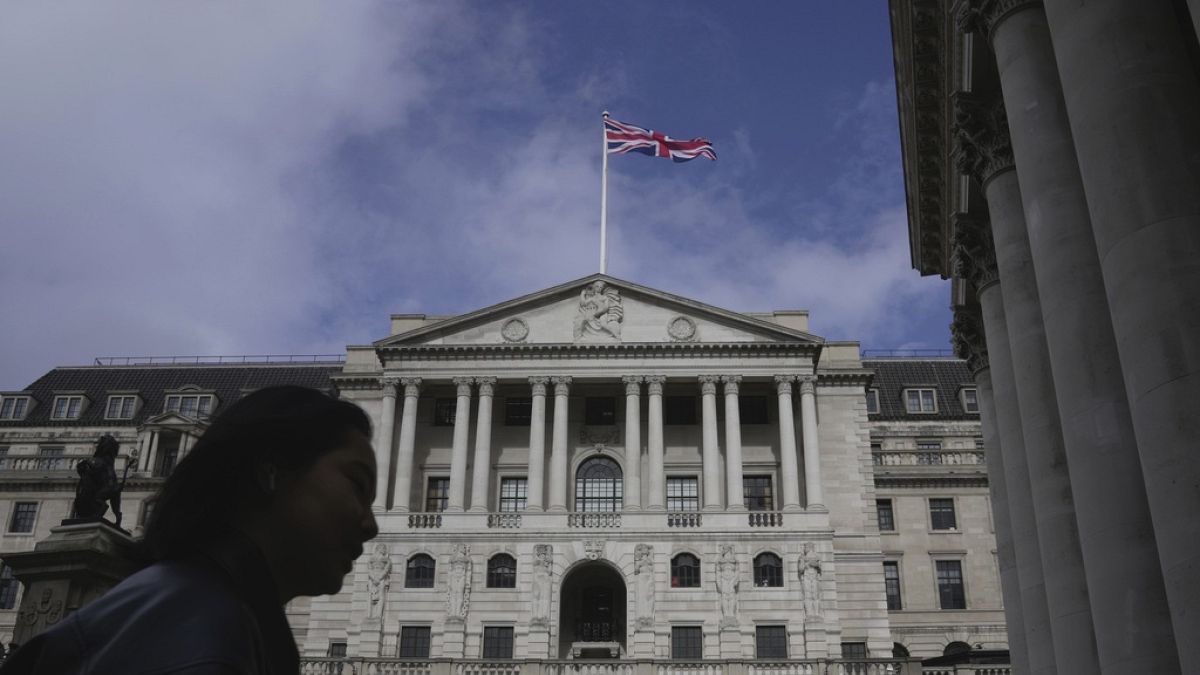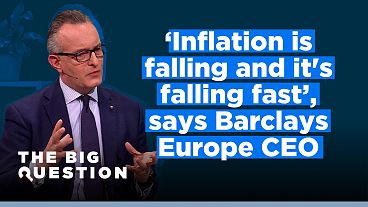The Bank of England has held the interest rate at 5.25%, with one dissent by Swati Dhingra advocating for a 0.25% cut. Projections see inflation dipping below the target in Q2 2024.
In its latest policy meeting, the Bank of England (BoE) has opted to maintain the Bank Rate at 5.25%, as widely expected, envisioning a decline in inflation and a modest rise in economic growth in the upcoming quarter.
Eight members voted in favour of the decision to keep the rate unchanged. Notably, the BOE highlighted its intentions to keep monetary policies restrictive enough to ensure that inflation falls back to its 2% target in a sustainable manner over the medium term.
However, there was one dissident, Swati Dhingra, who called for a rate cut of 0.25%.
No board members voted to increase interest rates at the March meeting, marking a shift from the previous two and defying expectations of at least one hawkish vote.
The Bank of England projected economic growth to gain momentum in the first half of the year. The bank's staff forecasts a modest GDP growth of 0.1% in the first quarter of 2024, with signs pointing towards a slight increase in output growth for the second quarter.
Contributing to this positive trajectory, the fiscal measures introduced in the recent Spring Budget are expected to boost GDP by approximately 0.25% over the forthcoming years.
Risks remain, including trade disruptions from Red Sea route
Despite these optimistic projections, significant risks loom on the horizon, particularly related to trade disruptions from the Middle East. Moreover, the current restrictive monetary policy is making its impact felt across the real economy, leading to a softer labour market and mitigating inflationary pressures.
Inflation trends further underscore the economic landscape, with 12-month Consumer Price Index (CPI) inflation dropping to 3.4% in February from 4% in the preceding months, slightly below the February Monetary Policy Report's expectations. The Bank of England notes that the decline in headline CPI inflation is largely due to base effects and the external influence of energy and goods prices.
Inflation is anticipated to dip just below the 2% target in the second quarter of 2024, a forecast slightly adjusted due to the fuel duty freeze announced in the Budget. However, it is expected to rise again to around 2.75% in the latter half of the year. Despite the easing conditions, the labour market remains comparatively tight by historical standards.
Bank members hold varied opinions on the degree to which the risk of persistent inflationary pressures has decreased. A consensus suggests that further evidence of inflation persistence is necessary before considering any adjustments to the monetary policy stance.
Market reactions: Rates and pound fall, UK stocks rally
Policy-sensitive two-year gilt yields tumbled by over 10 basis points to 4.11%, as markets interpreted the BoE's stance as dovish, with expectations now shifting towards the onset of a rate cut by summer.
Sterling weakened to 1.2720 against the greenback, erasing Thursday's gains that followed the Fed meeting.
UK stocks rallied, with the FTSE 100 index climbing 1.35% to reach highs not seen since late April 2023. Major gainers included 3I Group (up over 6%), Next (up 6%), Anglo American (up over 5%), Glencore (up 3.5%), and Lloyds Banking Group (up 3.3%).



